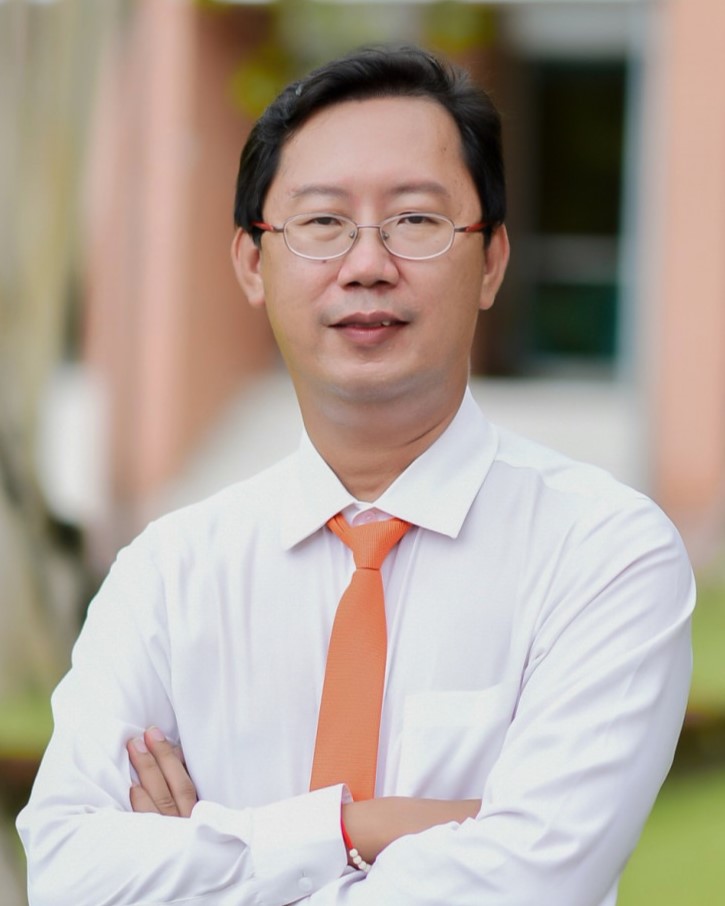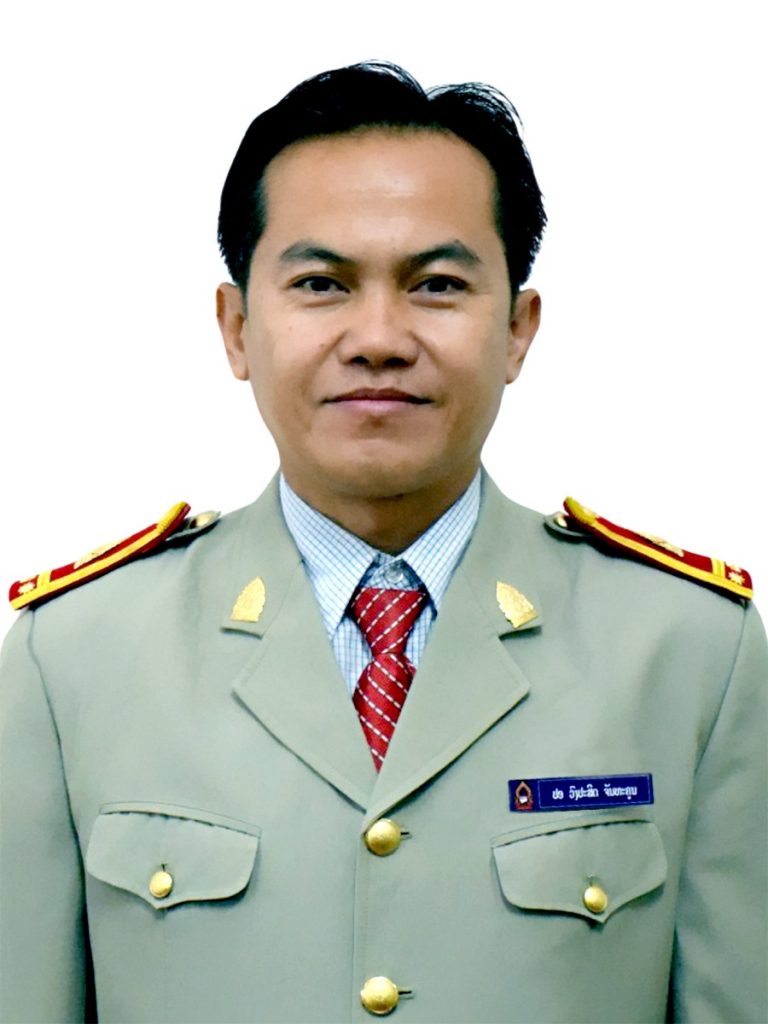
Keynote speaker 1: Assoc. Prof. Dr. Somyot Kaitwanidvilai
Title & Abstract
Title: “Shaping the Future: Unleashing the Potential of AI and IoT in Engineering”
Abstract:
This keynote delves into the transformative influence of Artificial Intelligence (AI) and the Internet of Things (IoT) on the engineering landscape. Positioned at the cusp of a technological revolution, AI and IoT stand ready to redefine conventional engineering methodologies, presenting unparalleled prospects for innovation and progress. Through comprehensive analysis and compelling case studies, this keynote investigates the impact of AI and IoT across diverse engineering sectors. Moreover, it proposes strategies to optimize their advantages while addressing potential challenges. Join us as we navigate the forefront of engineering innovation, envisioning the myriad possibilities that lie ahead. This talk will also feature explorations of research and innovation, including insights into the product development cycle.
Biography
Associate Professor Dr. Somyot Kaitwanidvilai currently serves as the Dean of the School of Engineering at King Mongkut’s Institute of Technology Ladkrabang (KMTIL). With over 26 years of dedicated service in the fields of control and mechatronic engineering, Dr. Somyot has established himself as a leading figure in academia and industry alike. His diverse areas of expertise encompass power electronics, mechatronics, control systems, robust and adaptive control in power systems, and artificial intelligence in power and energy systems.
Dr. Somyot’s contributions extend beyond the confines of research laboratories and lecture halls. He actively engages with industrial partners, channeling his expertise towards producing innovations that address real-world challenges. His collaborative endeavors have yielded transformative solutions that enhance efficiency, sustainability, and competitiveness across various industrial sectors.
Among Dr. Somyot’s notable research projects is the Thai Make Train Project, aimed at revolutionizing the nation’s railway infrastructure. Additionally, his work on the Eco-Smart Damper, utilizing natural rubber compounds to mitigate noise and vibration on railroad tracks, and the Smart Electric Train Charging System, integrating grid-connected solar cells for optimal performance, demonstrate his commitment to innovation with practical implications.
Dr. Somyot’s academic journey began with a Bachelor’s and Master’s degree in Electrical Engineering from King Mongkut’s Institute of Technology Ladkrabang, Thailand, in 1996 and 2000, respectively. He further pursued his passion by obtaining a Ph.D. in Mechatronics Engineering from the esteemed Asian Institute of Technology in 2005.
Throughout his illustrious career, Dr. Somyot Kaitwanidvilai has exemplified excellence in scholarship, research, and industry collaboration. His steadfast dedication to advancing engineering knowledge and solving real-world problems continues to inspire future generations of engineers and researchers.

Keynote speaker 2: Assoc. Prof. Dr. Vongpasith CHANTHAKHOUN
Title & Abstract
Title: “The potential and challenge of food processing in the north of Laos”
Abstract:
The Lao People’s Democratic Republic (PDR) is a small landlocked country endowed with abundant natural resources including minerals, water, and forests. Approximately 83% of its population resides in rural areas with 66% relying on subsistence agriculture. Traditional production systems emphasize low external inputs resulting in many agricultural products being organic. Despite this, there exists a challenge stemming from a combination of low-risk perception among local farmers and limited market access due to concerns regarding food safety. Organic agriculture and certifications for Good Agricultural Practices (GAP) are costly leading to only a small number of entrepreneurs adopting voluntary standards. The implementation of GAP certification is still in its nascent stages, with consumers in the Lao PDR generally unaware of its significance. Furthermore, inadequate oversight is prevalent in the intermediate and downstream stages of the food value chains. Limited testing and analysis capacities contribute to imported food often being contaminated as evidenced by high levels of contamination found in tests conducted in markets, food factories, restaurants, and schools. The local factory managers possess limited knowledge of food safety regulations, and Good Manufacturing Practice (GMP) certification remains voluntary resulting in limited adoption. To address these challenges efforts should focus on enhancing product knowledge and local harmonization promoting stricter safety regulations, implementing food safety certification, facilitating knowledge transfer within the market, and developing appropriate technologies to support local food stakeholders in producing high-quality products.
Biography
The current is the vice president of Souphanouvong University, Luangprabang Province, Laos. The lecture courses such as Experimental and Analysis Design, Nutrition, and Design Thinking. have extensive experience in creating and innovating academic activities and study programs. The research includes Animal Nutrition, Food Safety, and Rural Development (has more than 40 publications as sown at Google Scholar on Citations about 510 and 12-index). Have experience as a national consultant on an SPS project in Laos, funded by ADB, and coordinated several activities on R&D projects on Natural Resource use to Increase Income for Smallholder Farmers. have collaborated with EU funds as Inow Asia from Erasmus+ Capacity Building in Higher Education, Call EAC/A02/2019-Selection Year 2020, FARFORM EU project within 3 years, FORHLEH from EU 2018 and Currently working with Forests, Climate Change Mitigation and Adaptation: Higher Education Cooperation in Mekong Region (FRAME) from Erasmus+ Capacity Building in Higher Education 2020 – 2023.